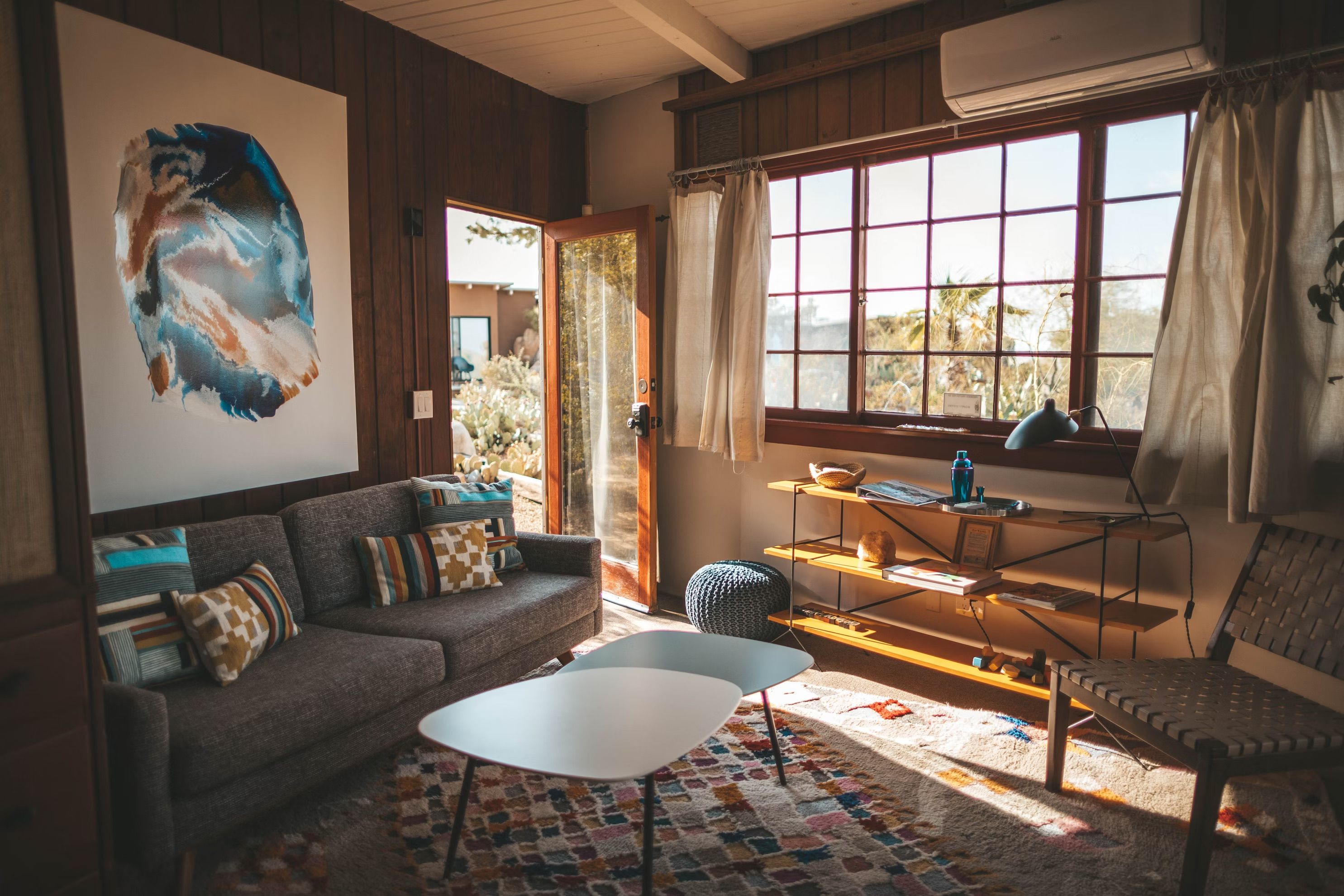Quick facts
Can't find the answer you're looking for? Please get in touch with our friendly team.
Is a porch swing worth it?
Yes, a porch swing can be worth it for adding charm and relaxation to your outdoor space. It provides a cozy spot for enjoying nature, reading, or socializing. Consider factors like material, size, and maintenance to ensure it fits your lifestyle and decor.
How much weight will a porch swing hold?
Most porch swings can hold between 400 to 600 pounds, depending on the materials and construction. Wooden swings typically support more weight than metal ones. Always check the manufacturer's specifications for accurate weight limits to ensure safety.
Category Overview
Introduction
Porch swings serve as a charming and functional element in homes, particularly enhancing outdoor spaces. Their primary purpose is to provide a relaxing haven where you can unwind with a book, enjoy a morning coffee, or share moments with loved ones. Beyond comfort, porch swings also elevate the aesthetic of your home’s exterior, offering a cozy touch that invites relaxation and leisure.
Functionality
The primary function of porch swings is to provide a swinging seating option that promotes relaxation. Typically found on patios, porches, or gardens, these swings create an inviting atmosphere for outdoor lounging. Many swings come equipped with features like adjustable heights or built-in cushions for added comfort. Some models even include storage options for outdoor accessories, making them as practical as they are enjoyable.
Design & Style
Porch swings come in various styles and materials to complement any home design. Popular choices include classic wooden frames that evoke a rustic feel and sleek metal designs that offer modern appeal. You might find variations ranging from farmhouse aesthetics to minimalist styles that fit seamlessly into contemporary decors. Personalization options abound; you can choose colorful cushions or weather-resistant finishes to match your outdoor environment perfectly.
Practical Considerations
Selecting the right porch swing involves several considerations: Common mistakes include overlooking weight capacity and failing to consider maintenance needs for the material chosen.
Comparison and Alternatives
When choosing between different materials for porch swings, you'll find pros and cons: Wood vs. Metal: Wooden swings offer warmth and traditional charm but may require periodic sealing against moisture; metal options are sturdy but can heat up in sunlight. Round vs. Rectangular: Round designs often create an inviting space for conversation while rectangular styles maximize seating capacity. Deciding factors should revolve around your preferred aesthetic and how you plan to use the swing in your space.
Trends and Popular Items
Currently, there’s an increasing demand for eco-friendly materials such as reclaimed wood or recycled metals in porch swing designs—reflecting broader sustainability trends in home décor. The revival of mid-century modern influences has also popularized streamlined shapes and vibrant colors among customers seeking unique decor elements. Whether you're looking to craft a peaceful retreat on your front porch or create an inviting gathering spot in the backyard, choosing the right porch swing can significantly enhance both functionality and style in your home’s exterior spaces.


